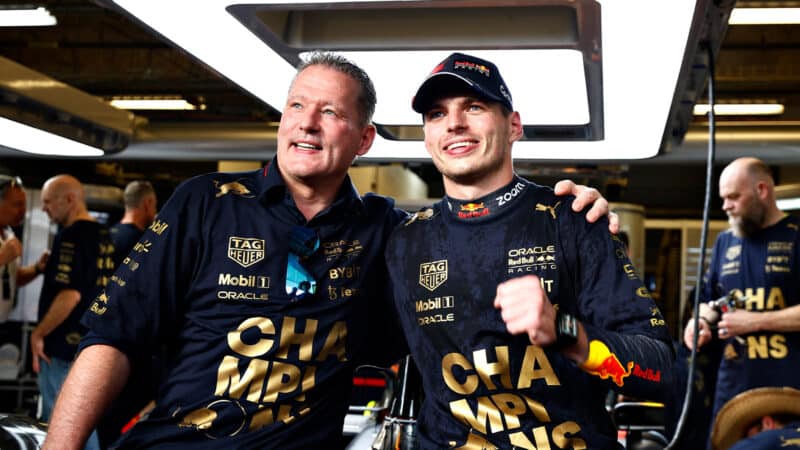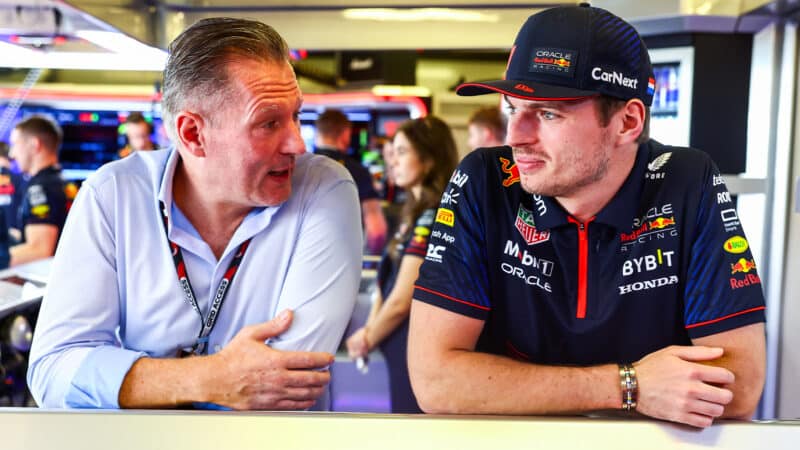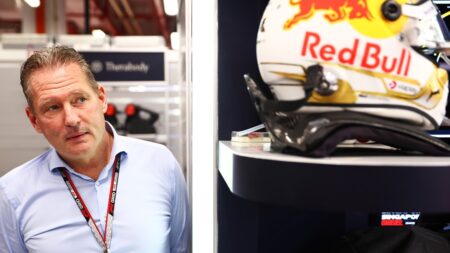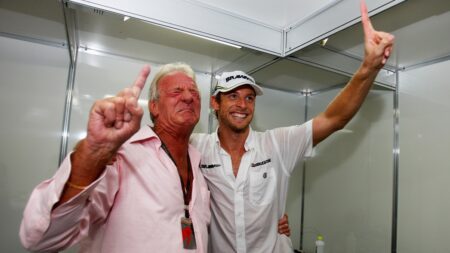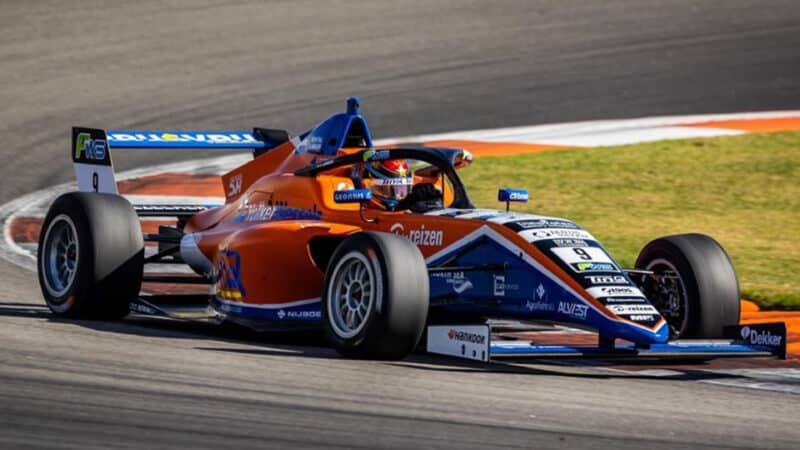Over in the entertainment world, it’s become fashionable to decry nepotism as the only way to catch a break these days. But in motor racing, taking up the family business is so common we barely blink when the latest ‘son of’ crops up (still not enough ‘daughters of’ though). Then again, I did blink at 7.30am last Sunday morning when I was walking through a hotel foyer and passed Emerson Fittipaldi and Emmo Jr heading out, on their way for a 9am Formula 3 race at MotorLand Aragón. At 77, the great man still can’t get enough, especially where his kids (and grandkids) are concerned.
But is nepotism really a thing in motor racing? Not really. Yes, a parent who has been there, done it and won a race or three can open a few doors, but the bottom line is they still have to find the hard cash to buy the eye-wateringly expensive drives – and then the kid must perform, whatever the surname. Actually, often because of the surname. A second or third-generation actor who can’t really act can perhaps fudge a career following a helpful leg-up. In sport, you get found out early – and stay found out. A famous racing driver parent can be more of a burden than an advantage.
They’re a fascinating breed too. Verstappen Sr is obviously an extreme example, but there have been others that have made me chuckle over the years. I well remember the buzz of meeting Jody Scheckter for the first time when his elder son Toby took his first steps in Formula Vauxhall Junior back in the late 1990s. “I can’t believe I’m back in the bottom paddock at Brands Hatch,” growled the 1979 world champion. He wasn’t smiling and he wasn’t nostalgic. What on earth was he doing back here?
But then on another occasion, for a Formula Opel Euroseries race at Zolder, Jody looked a little wistful – and started reminiscing about Gilles, reconnecting with a world he’d left behind. That was a moment.
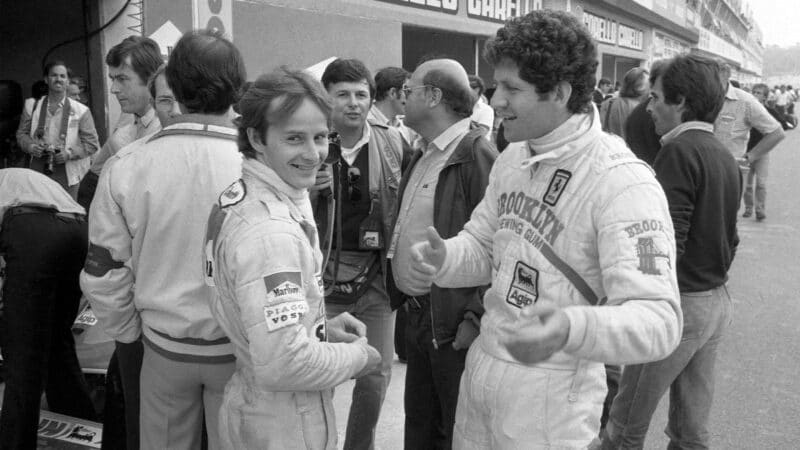
Villeneuve (left) and Scheckter (right) formed a powerful bond during their time as team-mates at Ferrari from 1979-1980
Scheckter, always blunt, always honest – about himself as much as others – would probably admit he wasn’t the most patient racing dad. Team managers used to murmur how Toby usually performed better when his old man didn’t show up, whereas brother Tomas when he came through the ranks a year or two later appeared not to give a fig whether his dad was there or not. A proper chip off the old racing block.
Most ex-racing drivers who find themselves on the other side of the pitwall in this role can, in my experience, often be the most supportive and positive parents to budding talent. Because they’ve been there, they understand the pressure, the process – and when to step back. Again, just like good old John Button. He was the best archetype.
